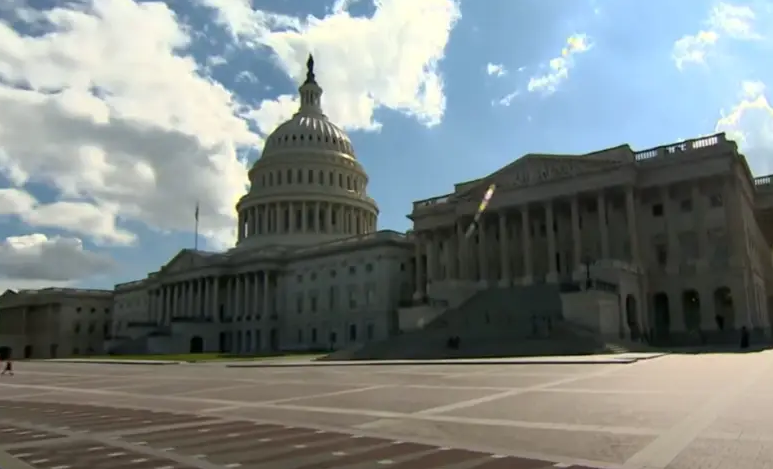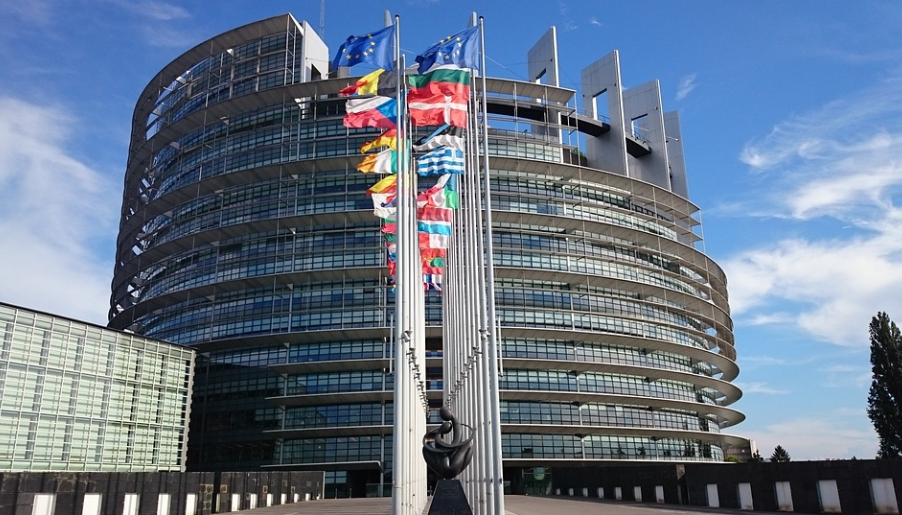[ad_1]
BRUSSELS (Reuters) – The European Union handed Prime Minister Theresa May a 10-day deadline to improve her Brexit divorce offer or face failure in persuading EU leaders to open trade talks with Britain at a December summit.
Without a deal next month, time will be very tight to agree arrangements before Britain leaves the EU in March 2019, adding to pressure on businesses to avoid potential losses and move investments.
“We need to see progress from UK within 10 days on all issues, including on Ireland,” European Council President Donald Tusk tweeted after meeting May in Brussels following an EU summit. A deal on the Northern Ireland border became suddenly trickier on Friday as the Dublin government looked set to fall.
Tusk said it was still possible the other 27 EU leaders would conclude at a summit on Dec. 14-15 that Britain had made “sufficient progress” toward meeting three key conditions for them to approve the opening of trade talks in the new year.
But, added the former Polish premier who chairs the bloc’s summit meetings, that was “still a huge challenge”.
EU officials expect the crunch to come when May returns on Monday, Dec. 4, to meet the EU chief executive, European Commission President Jean-Claude Juncker, and his chief Brexit negotiator Michel Barnier.
A deal then would give Tusk time before the next summit to ensure that the other 27 governments will endorse it. However, that may be further complicated because Irish Prime Minister Leo Varadkar, who has warned of a veto without big British moves on the border issue, faces calling a snap election next week.
One EU official told Reuters that May had offered little new and that the chances of a deal had not risen since last week.
May told reporters after meeting Tusk that the two sides were still making progress toward closing gaps on a financial settlement, rights for expatriates after Brexit and how to avoid a “hard border” that may disrupt the peace in Northern Ireland.
But she added: “There are still issues across the various matters that we are negotiating on to be resolved.”
She repeated a line she first used in September that Britain would “honor our commitments”. But there was no sign of details that EU counterparts are demanding over payments before they accede to London’s call for talks on a post-Brexit trade pact.
On the Irish border, May said: “We and the Irish government continue to talk about solutions for that. We have the same desire. We want to ensure that movement of people and trade across that border can carry on as now.”
EU BACKS IRELAND
For months, the EU’s demand for Britain to pay something like 60 billion euros ($72 billion) has seemed the toughest nut to crack. But EU negotiators have been encouraged by apparent leaks in the British media indicating that May has won backing from Brexit hardliners in her cabinet to offer a large sum.
Now, Ireland could be a sticking point.
“The Irish issue is very worrying. The chances of sufficient progress in December were only 50-50. Now maybe less,” an official handling Brexit talks from one of the other 27 EU states told Reuters on the sidelines of Friday’s summit.
Barnier threw the Union’s weight behind Ireland on Friday, telling Irish Foreign Minister Simon Coveney there was “strong solidarity for Ireland” and “Irish issues are EU issues”.
Coveney, who accused the government’s opponents of being irresponsible in calling a no-confidence motion for Tuesday over an unrelated issue, said Ireland would not agree to opening EU trade talks with Britain if it was unhappy over the border.
May’s Northern Irish, pro-Brexit allies, on whom she depends for a slim parliamentary majority, accused Dublin of trying to force Northern Ireland, or the whole of the United Kingdom, to stay in a customs union with the EU, depriving it of the freedom to set its own commercial regulations.
EU officials say the best way to avoid a “hard border” is to keep regulations the same – whether just for Northern Ireland or across the UK. Britain has rejected the former because it would divide Northern Ireland from the British mainland. Brexit campaigners say Britain should not have to follow EU rules.
Additional reporting by Jan Strupczewski and Robin Emmott; Writing by Alastair Macdonald; Editing by Janet Lawrence and Gareth Jones
[ad_2]
Source link







Leave a Reply